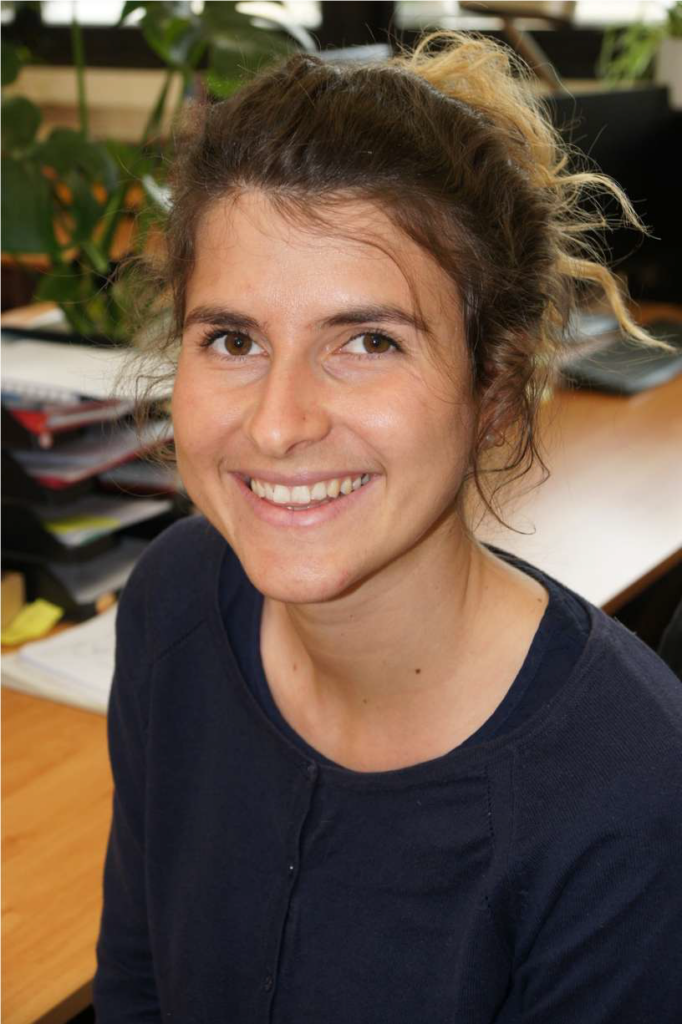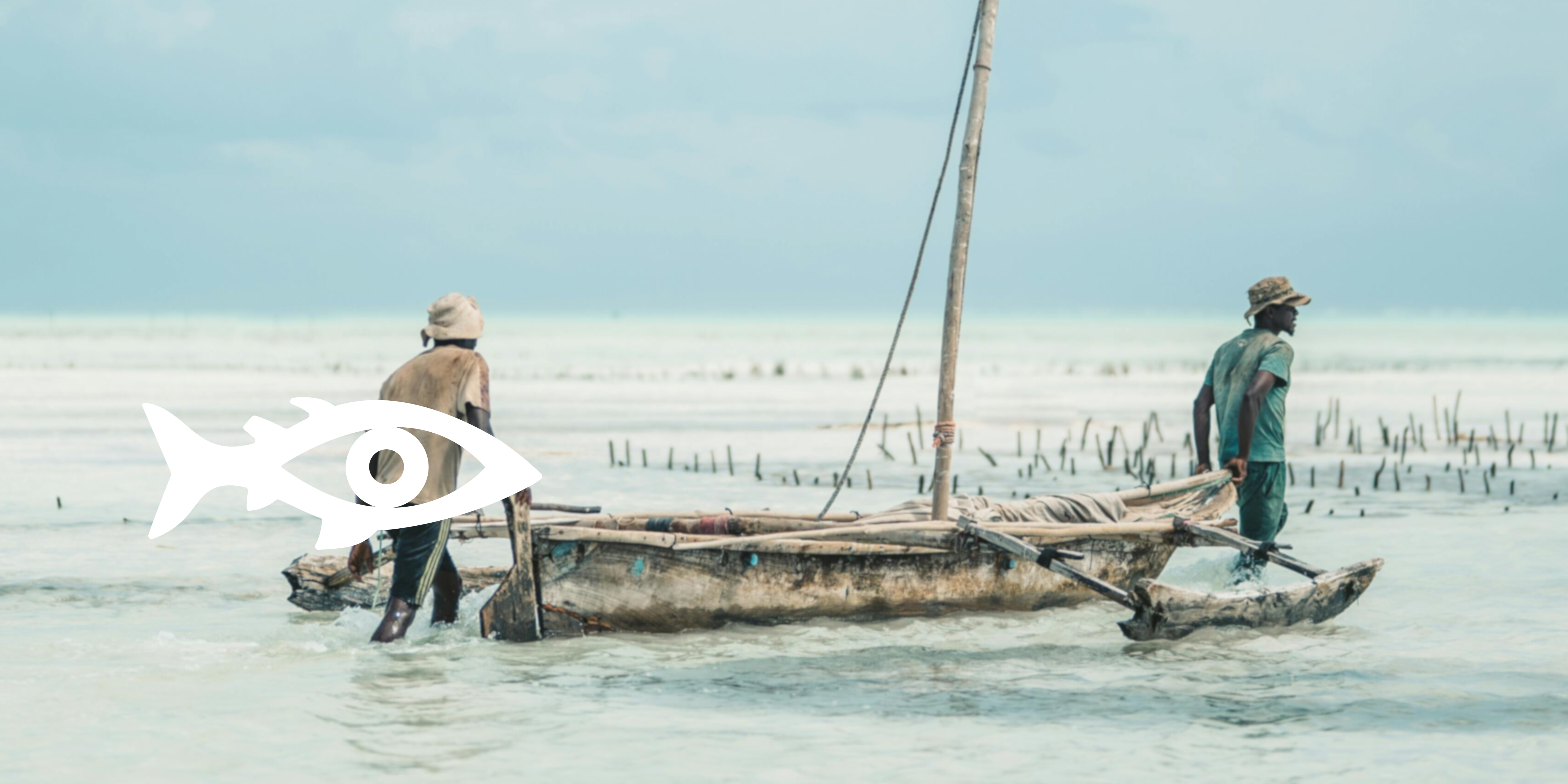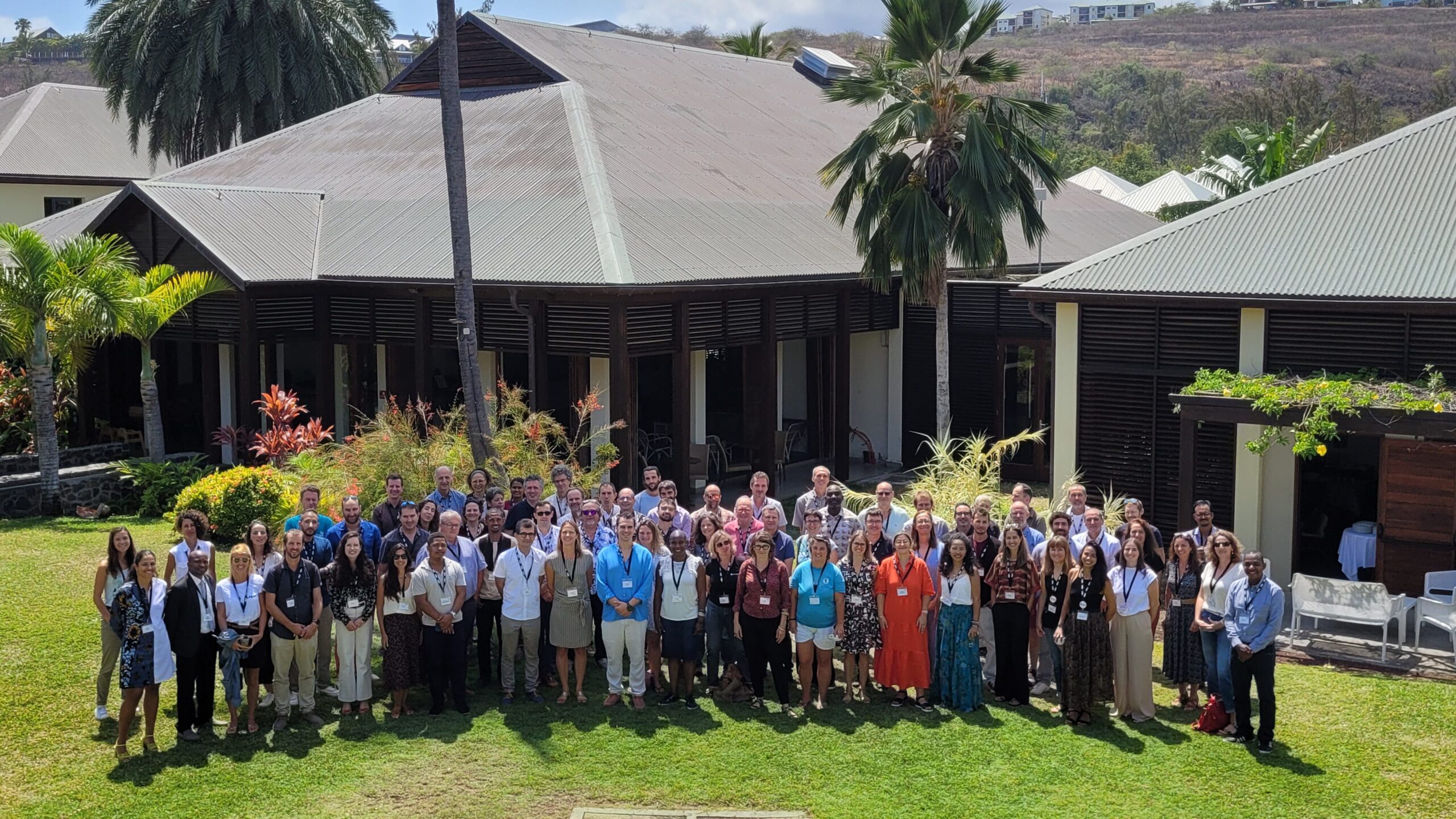
OOSC 2025: Modeling uncertainties in surface currents
in the Southwest Indian Ocean
At the One Ocean Science Congress 2025 (Nice, June 3-6), Lisa Weiss will present a scientific poster entitled “Probabilistic modeling of the Southwest Indian Ocean dynamics to quantify uncertainties in surface currents” (ref. OOS2025-613). This work, co-authored with Jean-Michel Brankart, Quentin Jamet and Pierre Brasseur, is fully in line with the ambitions of the BRIDGES program.
The project aims to better understand and represent the surface dynamics of the Southwest Indian Ocean (SWIO) – a region marked by great oceanographic complexity, between powerful currents, mesoscale eddies and seasonal atmospheric interactions. In a context of global warming, it becomes crucial to model not only the dynamics themselves, but also the uncertainties associated with them, in order to be able to robustly identify the patterns of ecological connectivity that are needed to design networks of marine protected areas.
The approach developed is based on probabilistic modeling integrated with the CROCO model, in three key stages:
- Construction of a realistic SWIO model configuration, validated by operational data (CMEMS, ECMWF).
- Integration of a stochastic perturbation generator (STOGEN), adapted to the regional framework.
- Realization of ensemble simulations successively perturbing surface wind, vertical mixing, initial conditions and open boundary conditions.
These experiments will make it possible to quantify the cumulative effects of the various sources of uncertainty on surface circulation, and will then feed 4D assimilation methods to refine Lagrangian transport representations.
This research work converges with the activities of the BRIDGES AVATAR project, which mobilizes advanced numerical tools to explore transformation scenarios for SWIO social-ecological systems. Pierre Brasseur, co-author of the poster, is also co-leader of BRIDGES AVATAR, and Lisa Weiss is involved. This link illustrates in concrete terms the contribution of the BRIDGES program to the production of innovative knowledge that can be mobilized in observation, management and governance strategies in the South-West Indian Ocean.
Biosketch

Lisa Weiss is an oceanographer specializing in the physical modeling of marine currents and the dispersion of plastic pollutants. After completing a thesis on fluvial flows of microplastics in the Mediterranean, she focused her research on the Indian Ocean, developing high-resolution simulations and probabilistic approaches to study ocean circulation and coastal strandings. She has worked in close partnership with teams in Mozambique and Tanzania, notably as part of the PASSPORT-2C network, strengthening the links between modeling, field observation and local marine pollution issues.
More news News


